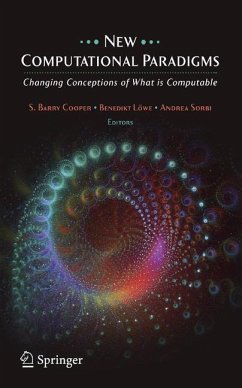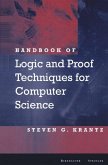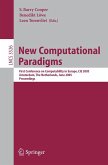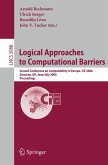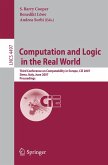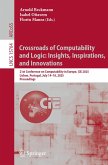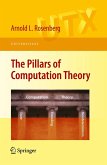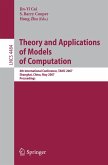It covers topics ranging from classical computability to complexity, from biocomputing to quantum computing. The book is suitable for researchers and graduate students in mathematics, philosophy, and computer science with a special interest in logic and foundational issues. Most useful to graduate students are the survey papers on computable analysis and biological computing. Logicians and theoretical physicists will also benefit from this book. In recent years, classical computability has expanded beyond its original scope to address issues related to computability and complexity in algebra, analysis, and physics. The book opens with an introduction by Alan Hodges, the Turing biographer, who analyzes the pioneering work that anticipated recent developments concerning computation's allegedly new paradigms.
Dieser Download kann aus rechtlichen Gründen nur mit Rechnungsadresse in A, B, BG, CY, CZ, D, DK, EW, E, FIN, F, GR, HR, H, IRL, I, LT, L, LR, M, NL, PL, P, R, S, SLO, SK ausgeliefert werden.
"It is addressed to researcher and graduate students ... . All contributions to the book have been rigorously refereed, and the standards with respect to layout, references ... are high. ... This is a piece of excellent pedagogical work. The paper is hereby recommended. ... I personally find very readable and informative. ... I enjoyed reading these papers, and I assume they are all right when we take them for what they are ... ." (Lars Kristiansen, Studia Logica, Vol. 97, 2011)

